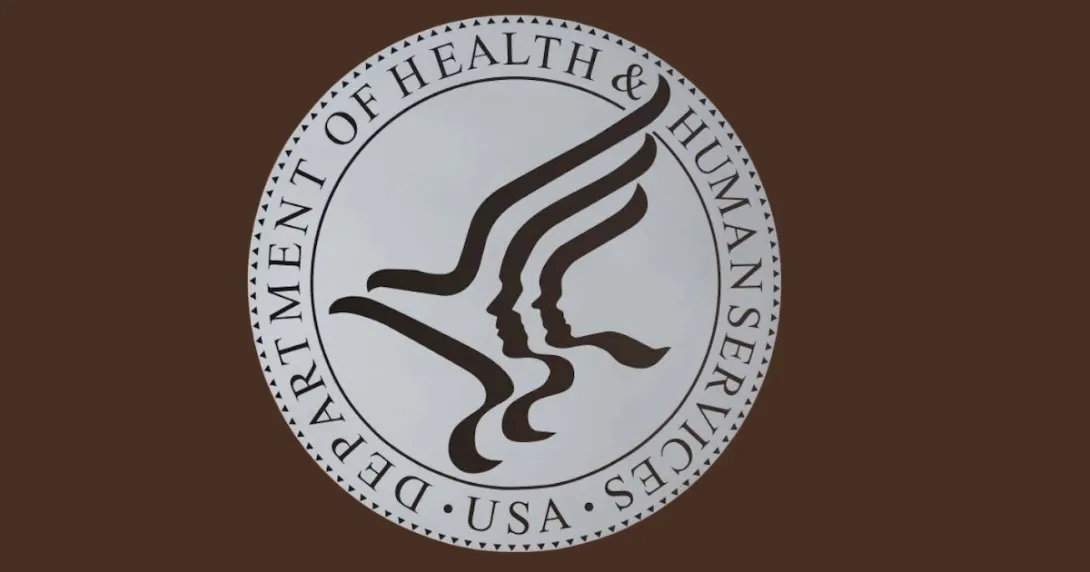
Amy Gleason, strategic advisor to the U.S. Department of Health and Human Services and the Centers for Medicare and Medicaid Services and acting administrator of the U.S. Department of Government Efficiency, said CMS is embracing a strategy that will allow patients to scan a QR code at the doctor's office and share their medical history.
"Imagine scanning a QR code at your doctor's office and instantly sharing your medical history. Imagine having an AI assistant that knows your care plan that helps you manage medications with confidence," Gleason said in a YouTube video from HHS.
She said the technology will put patients at the center of their care, building stronger relationships with providers who can then focus on healing rather than paperwork, freeing them from administrative burden.
Gleason said that CMS is building the core infrastructure to accomplish this, which includes a national healthcare directory, secure data entry and modernized systems.
"The apps, services and tools that make this data useful in people's lives must come from you, the private sector. We are creating the space for new ideas to rise so better solutions can compete and scale," Gleason said.
"We are asking real companies to make real commitments to build data sharing networks – to create apps that deliver real health outcomes."
THE LARGER TREND
In June, Gleason, along with HHS Secretary Robert F. Kennedy Jr. and the former head of DOGE, Elon Musk, was sued by former HHS staffers who were fired.
The fired staffers claimed that the termination, which included thousands of federal workers, was unlawful due to the use of faulty personnel records.
Earlier this month, CMS released its proposed calendar year 2025 physician fee schedule, which includes recommendations on coverage of digital health tools, including digital therapeutics and telehealth services.
To support access to behavioral health services, CMS proposed that Medicare cover the cost of digital mental health treatment devices used in conjunction with a behavioral health treatment plan.
In May, CMS and the Assistant Secretary for Technology Policy/Office of the National Coordinator for Health Information Technology (ASTP/ONC) solicited public input on how to promote a seamless, safe and patient-centered digital health infrastructure for Medicare.
According to CMS, the aim was to unharness the power of modern technology to help seniors and their families take charge of their health and well-being, manage chronic conditions and access care.
In January, at a Boston Consulting Group event in San Francisco during the J.P. Morgan Healthcare Conference, panelists discussed the government's role in advancing AI technology and the changing administration's oversight of the technology.
Micky Tripathi, assistant secretary for technology policy, national coordinator for health IT, and chief AI officer for HHS, said that health information technology and interoperability has been a decades-long journey in the U.S.


